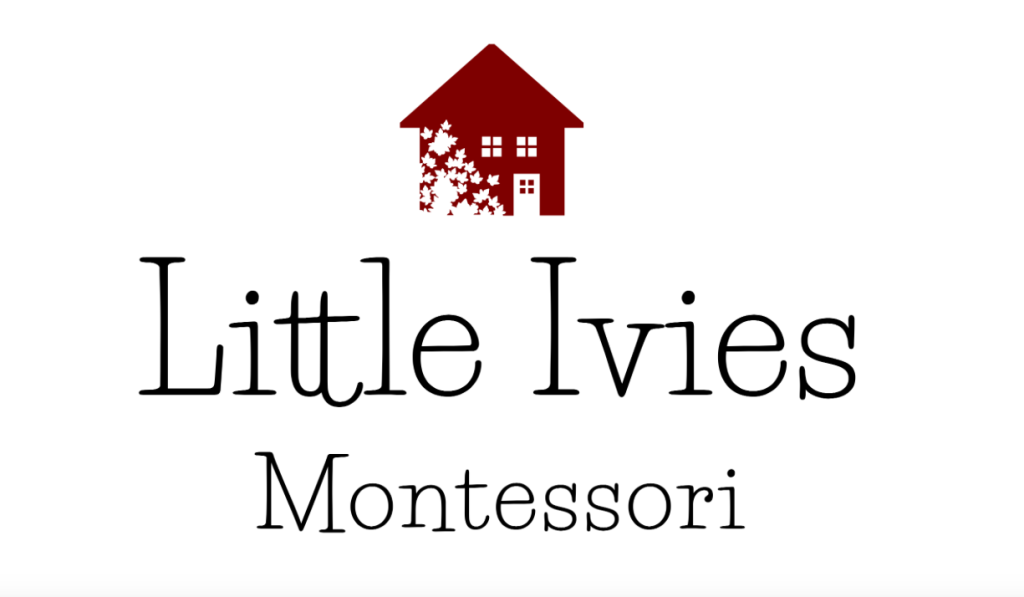Introduction
Choosing the right school for your child can be daunting for many parents. With so many options available, it’s important to consider the benefits and drawbacks of each. Montessori vs. traditional schools is one of the biggest debates in the education world. Montessori schools have gained popularity in recent years, and for a good reason.
This blog post will explore why Montessori schools are better than traditional ones.
What are Montessori Schools?
Montessori schools are an educational approach emphasizing child-led learning and development. They are based on the teachings of Maria Montessori, an Italian physician, and educator who developed this approach in the early 1900s. Montessori schools focus on the whole child, considering their physical, emotional, social, and intellectual needs.
Montessori Schools Near Me
Montessori Schools can be found in many locations throughout the world. You can easily find a Montessori school near you by quickly searching online. If you’re looking for a Montessori preschool near me, many options will be available.
Montessori schools vs. Public Schools
One of the main differences between Montessori schools and traditional public schools is the approach to learning. In public schools, the focus is often on memorization and testing. Teachers typically lead the instruction, and students are expected to follow along. Montessori schools, on the other hand, are designed to be child-centered. Children are encouraged to explore between Montessori schools vs. public schools.
Montessori schools focus on the individual needs of each child. Each child’s learning experience is tailored to their unique needs and interests. The curriculum is flexible, allowing children to learn at their own pace. This approach can lead to better academic outcomes for students.
The Benefits of Montessori Schools
There are several benefits to choosing a Montessori school for your child.
- Child-led Learning
Montessori schools prioritize child-led learning, meaning children can choose their activities and work at their own pace. This approach promotes independence, self-confidence, and a love of learning. Children are encouraged to explore their interests and follow their curiosity rather than being forced to learn a set curriculum.
- Multi-age Classrooms
Another benefit of Montessori schools is the use of multi-age classrooms. Instead of grouping children by grade level, Montessori classrooms often have a mix of ages. This allows children to learn from one another, regardless of age or ability level. Older children can serve as mentors and role models for younger students, while younger students can learn from their older peers.
- Hands-on Learning
Montessori schools emphasize hands-on learning. Children are encouraged to use their senses and explore the world around them. This approach allows children to develop a deeper understanding of their learning concepts, as they can see and touch them firsthand. Hands-on learning can also lead to better retention of information and a more enjoyable learning experience.
- Individualized Instruction
Each child’s learning experience is tailored to their unique needs and interests in Montessori schools. Teachers observe each child and provide guidance and support as needed. This approach ensures that each child is challenged and engaged while being given the support they need to succeed.
- Respect for the Child
Finally, Montessori schools place a strong emphasis on respecting the child. Children are viewed as capable individuals who are capable of learning and making decisions on their own. This approach promotes self-esteem and self-confidence, which can benefit children.
Montessori vs. Traditional Schools
The debate between Montessori vs. traditional schools has been ongoing for decades. While both education systems have their pros and cons, many experts believe that Montessori schools are better than traditional schools in several ways. Here are some reasons why:
- Individualized Learning: Montessori schools offer individualized learning that allows children to work independently and on their interests. This approach fosters creativity, independence, and critical thinking, which is impossible in traditional schools that follow a set curriculum.
- Child-Centered Approach: Montessori Preschool Programs are child-centered, focusing on the child’s needs, interests, and abilities. Traditional schools, on the other hand, have a teacher-centered approach where the teacher dictates what is taught and how.
While Montessori schools may have some drawbacks, such as the lack of standardized testing and a structured curriculum, they provide an excellent learning environment for children who thrive on independence, creativity, and critical thinking.
If you are looking for a Montessori school near you, you can search online for “Montessori schools near me” or “Montessori preschool near me.” While Montessori schools may be more expensive than public schools, their benefits can be invaluable for your child’s future success.
Conclusion
In conclusion, the debate over whether Montessori schools are better than traditional schools is complex. While traditional schools follow a structured curriculum and emphasize rote learning, Montessori schools prioritize individualized learning and hands-on experiences. Research suggests that Montessori education can positively impact children’s academic achievement, social skills, and personal development. However, it is important to note that not all children thrive in a Montessori environment, and traditional schools can provide a high-quality education. Montessori vs. traditional schools depends on the needs and learning styles of individual children, as well as the resources and priorities of their families.

